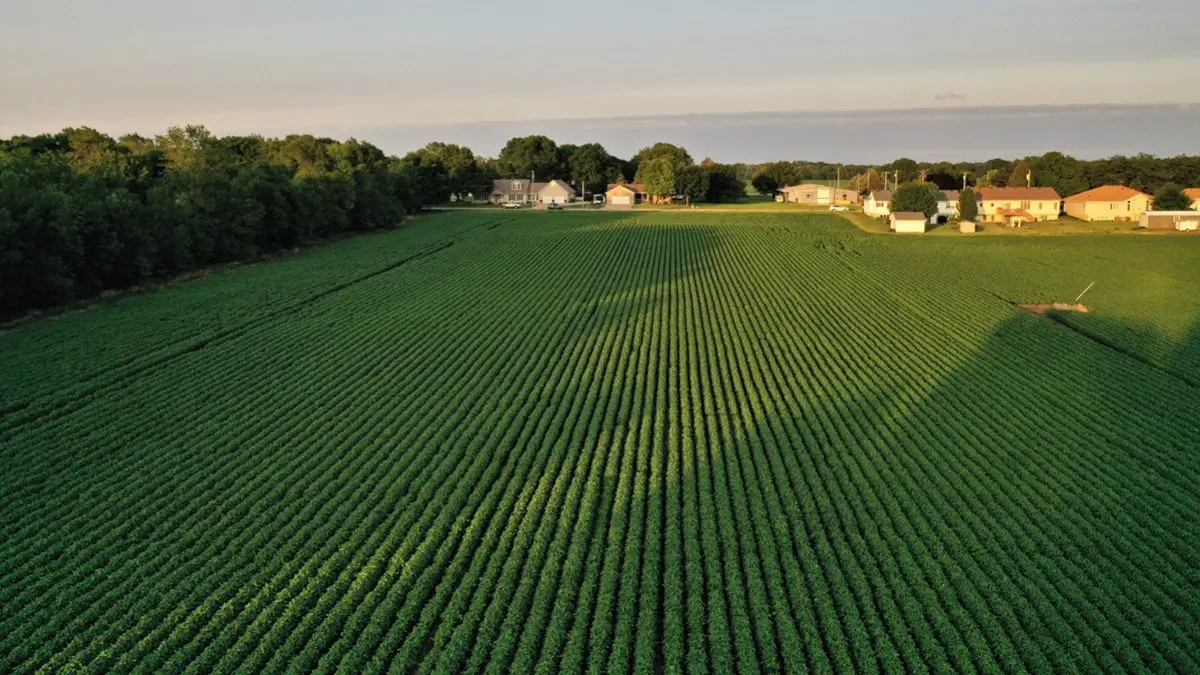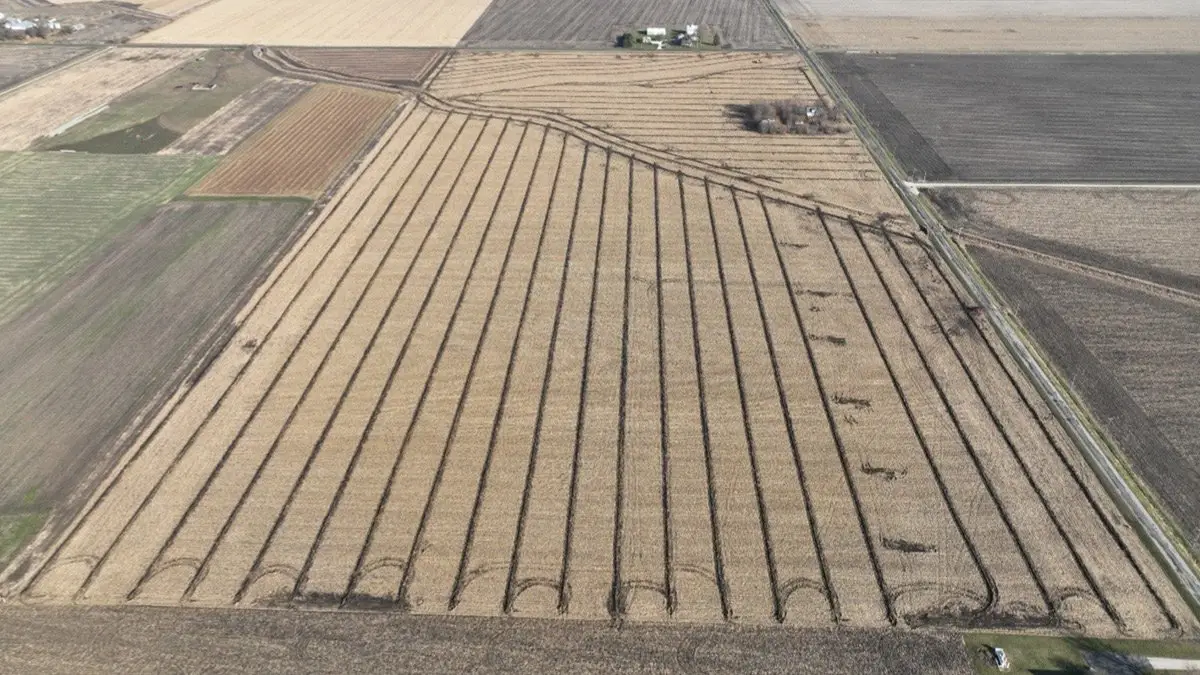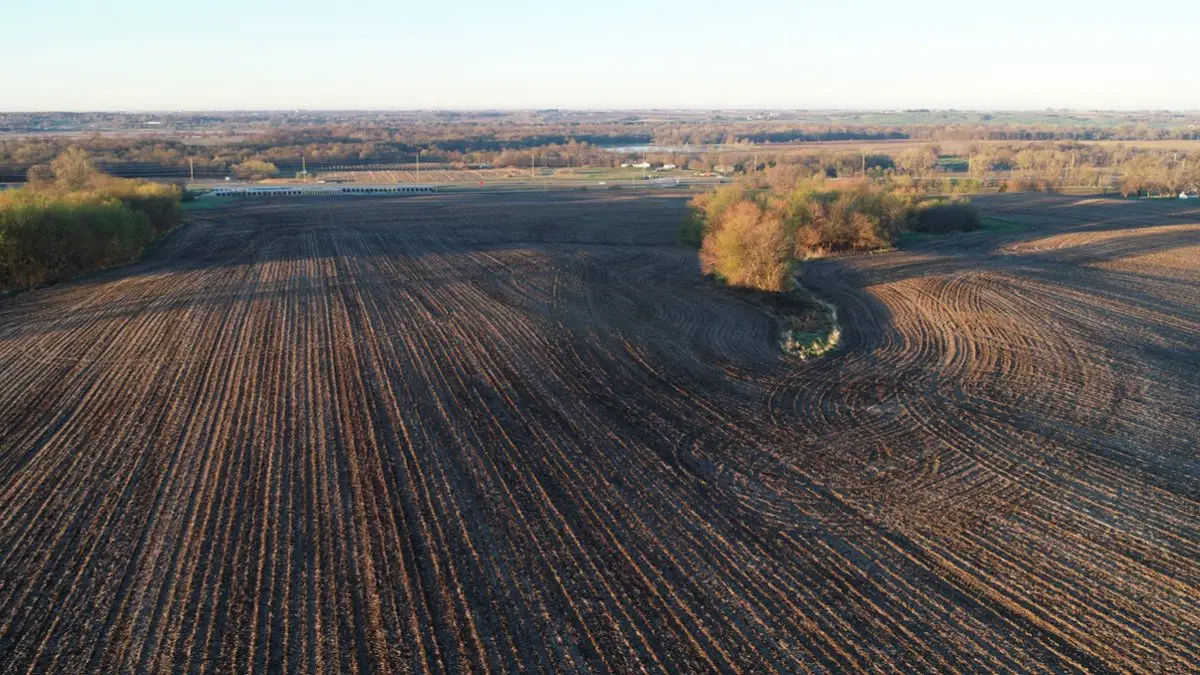Background
The Mississippi Delta Region is one of the largest contiguous agriculture areas in the United States with an area of more than 4 million acres. With deep, fertile soil and ample water supply, it is considered very agronomically productive. The Mississippi Delta has many advantages for commercial crop production including flat, large tracts of land suited for larger machinery. Staple crops of the region include Rice, Cotton, Soybeans, and Corn.
Demand for Organic Crops
As consumer awareness continues to increase, so does the demand for organically grown products. The current demand for organic crops far outweighs supply creating enhanced income opportunities for producers. Organic crops can sell for a substantial premium over conventionally produced crops, and can be grown for nearly the same cost. Through the exceptional and innovative land management platform offered through Peoples Company, clients are able to capture yields and prices that significantly outperform conventional farm systems.
Peoples Company Manages Delta Organics Ag Properties DST Farm
In 2019, Delta Organics Ag Properties DST through DST Farms, LLC acquired a 1102-acre certified organic property in Chicot County, Arkansas, located near the intersection of the Arkansas, Mississippi, and Louisiana state lines. DST Farms, LLC (“DST Farms”) provides Section 1031 exchange investors with unique opportunities to directly engage the farmland asset class through the Delaware Statutory Trust (DST) investment vehicle. As a sponsor entity, DST Farms specializes in identifying high-quality farmland that has the potential to deliver above-market returns and long-term capital appreciation, while mitigating investment risk.
The farm had previously been developed for commercial catfish production. Prices for catfish dropped and the farm was then converted back to crop production. Since chemicals and fertilizers had not been used for many years prior, the farm required no organic transition period and was eligible to be certified organic in year one. The soils on the farm are high in clay content and great for holding water in rice production but require raised beds for other crops to ensure proper drainage and prevent waterlogging.


Weed Control
Controlling weeds is considered the biggest challenge in an organic farming system. Organic farmers cannot simply spray chemicals to control weeds and must use an integrated, comprehensive approach to weed management including tillage, crop rotations, flaming/electrical control, and cover crops. The best results are achieved when multiple methods are packaged over a long-term plan. During the 2020 growing season, an electrical “Weed Zapper” was used on the DST Farm. The Weed Zapper includes a large generator powered by a tractor and has a 15-foot copper bar that zaps weeds when it comes in contact with weeds above the crop canopy, effectively controlling weeds without impacting crop health.
Fertility
The second most important limiting factor in organic crop production is fertility. Most organic farmers rely on animal manures and compost as staple fertility sources. Fortunately, commercial poultry production is a significant industry in the Southeast and provides the Delta Organics Ag Properties DST farm with an ample supply of chicken litter. Each year, depending on soil tests and crop rotations, chicken manure is applied for nutrient. Other important sources of fertility include cover crops and lime materials.

Looking Forward
The future of organic farming is both promising and exciting for the agriculture industry. As production grows, technology and innovation will follow. More demand for organic crops will inevitably bring more acres and opportunities for investors.










